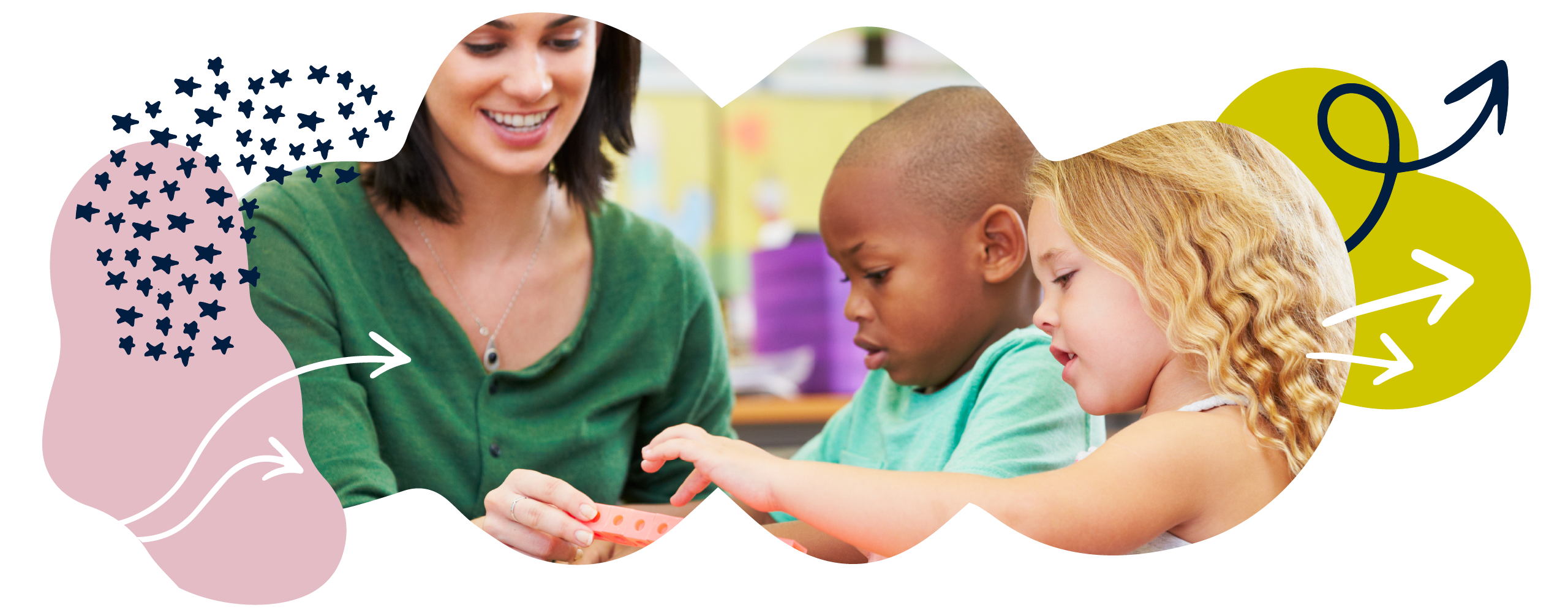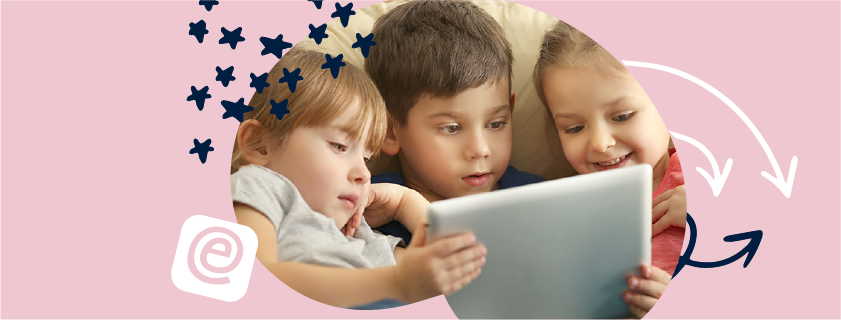What to expect in Reception
In Reception, your child will follow the Early Years Foundation Stage (EYFS) curriculum. This sets the standards for the learning, development, and care of your child.
The things your child will learn in Reception have been organised into three prime areas of learning:
- Communication and Language
- Physical Development
- Personal and Social Development
And four specific areas of learning:
- Literacy
- Mathematics
- Understanding the World
- Expressive Arts and Design
What will my child do in Reception?
In the EYFS, play is a very important part of your child’s development and most learning will be introduced through a mixture of carefully planned play and some adult-led focused activities. Don’t be too concerned if your child says that they have been playing all day – it just means that they have been lucky enough to have experienced staff who have made their learning fun and enjoyable! As the Reception year progresses, the learning may start to become more formal in preparation for Year 1 and the National Curriculum.
What kind of assessment is there in Reception?
Throughout your child’s time at school, they will be assessed regularly. This is to check their progress and identify the next steps in their learning. The school will carry out a baseline assessment to see what your child can do already early in the year. This is nothing to worry about – it is not a test and it is unlikely they will even know it is happening.
At the end of Reception, your child’s teacher will assess them again. This assessment is carried out by the Reception teacher and is based on what they, and other staff caring for your child, have observed over a period of time. All of the information collected is then used to assess where your child is currently in the seven areas of learning.
How can I help my child in Reception?
1. Read to your child
Life is busy, but even ten minutes of reading with your child each day is one of the best ways you can support their education and help them to become a strong reader.
While you are reading, make sure to check they are following along. That said, try not to make reading time all about developing vocabulary. At this age, it is vital to make reading a fun activity that your child will look forward to.
You can find more advice on our Reading in Reception page.
2. Explore phonics
Your child will be taught to read words using phonics. Phonics is an approach to reading that focuses on building words from sounds. Sounds (or phonemes) are represented by letters/groups of letters (or graphemes) – for example, ‘s’, ‘m’, ‘ch’, or ‘igh’.
In Reception, children will start learning some letters and the sounds they make, and will learn to put them together to make simple words. For example, once they know the individual sounds for ‘s’, ‘a’, and ‘t’, they can blend them together to form ‘sat’.
You can help your child get a head start in phonics with our audio guide to phonics or our Learn to read with phonics page.
You can also find lots of help on our Learning to read with phonics YouTube playlist.
3. Introduce maths
At this age, your child will be introduced to the idea of numbers and counting. You can help them get to know small numbers with songs and games – take a look at our Fun learning ideas for 4-year-olds for some ideas.
You can also find advice for introducing your child to maths on our Maths in Reception page or in our maths section on the Oxford Owl blog.
Free eBook Library
Find a huge selection of free eBooks to encourage your child to read and support their reading journey in our library. Take a look >
National Curriculum for England, Scotland, and Wales
All information on Oxford Owl for Home is aligned with the National Curriculum for England. Much of this information is also relevant for children in Scotland and Wales.

